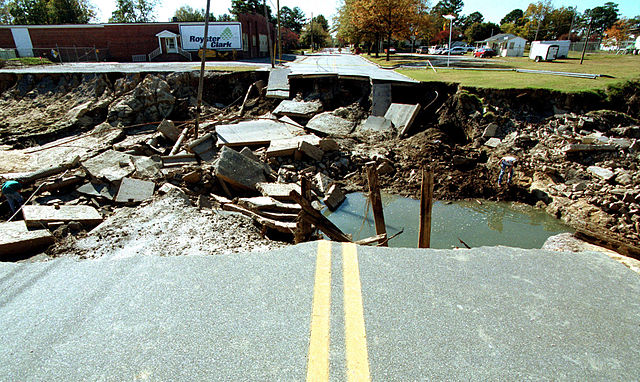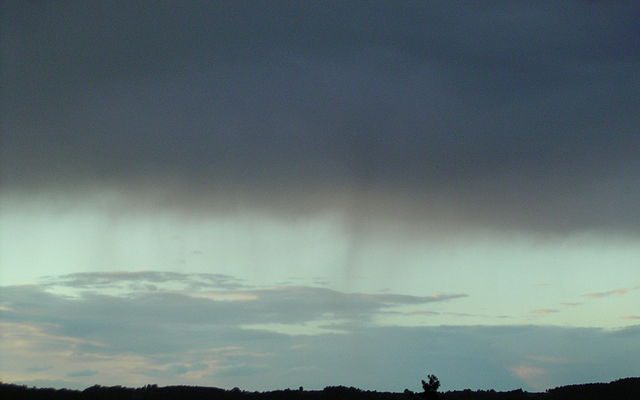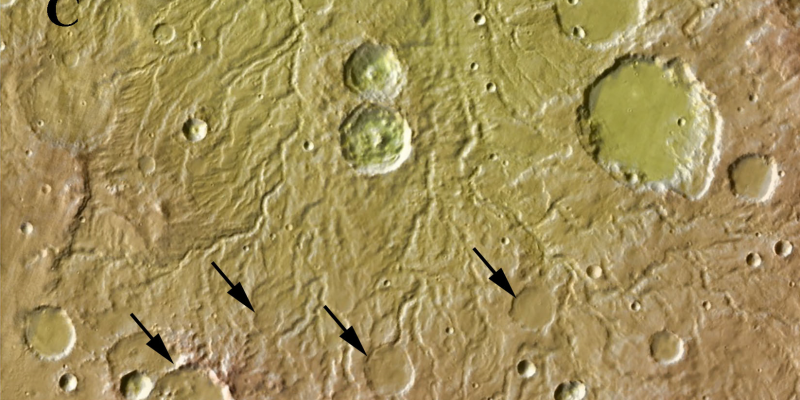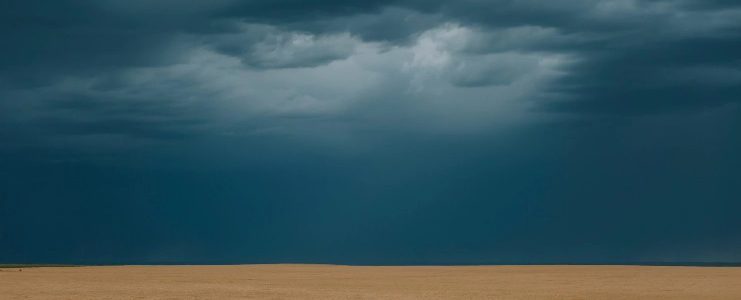Climate science
-

In the past I worked for the National Weather Service in the Office of Hydrology, determining the magnitude of 100-year rainfalls. A 100-year-rainfall is the amount of rain that has a 1 in 100 chance of occurrence in a given year. Note that it does not mean that it can only happen once in a…
-

KQED Science had an interesting article this week about how historical paintings from the past can shed light on the amount of pollutants (both natural pollutants like volcanic particulates and human-injected pollutants from industry and transportation) in the atmosphere and how they change the way the sky looks. I’ve talked about this in the past,…
-

Sometimes you can see rain falling from the sky and evaporating as it falls through a drier layer of air near the surface. This can show up on radar too as an echo with nothing hitting the ground, since radar measures rainfall above the surface. This is called “virga” and it is fairly common, especially…
-

Unless you’re Matt Damon, you’re unlikely to think about agriculture on Mars anytime soon, but it’s still interesting to speculate on what the weather might have been like there in the past. EarthSky posted a story this week about how geologists and other scientists are determining the past weather on Mars and the signs for…
-

NASA reported that during the time period from 2002 to 2016, the continent of Antarctica lost 125 gigatons of ice as measured by the GRACE satellite instrument. The sea level rise from this ice loss amounts to 0.35 millimeters per year according to their report. While this might not seem like much, ice loss is…
-

While I don’t often talk about politics in this blog, after this week I think it is important to address climate change and its impacts on agriculture and why so many scientists are so worried about what is going to happen to our climate in the future. I know from experience at many meetings that…
-

Weather Underground had an interesting analysis of how many record highs and record lows have been recorded at a number of stations across the United States since 2010. The work shows that five times as many record highs have been broken as compared to new record lows. This is not surprising because of the upward…